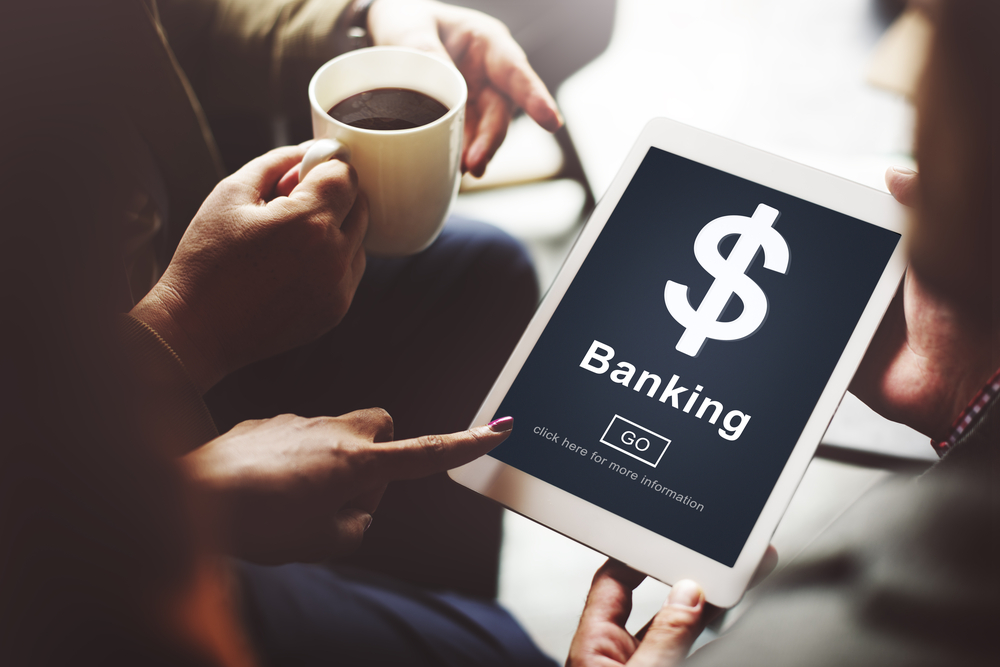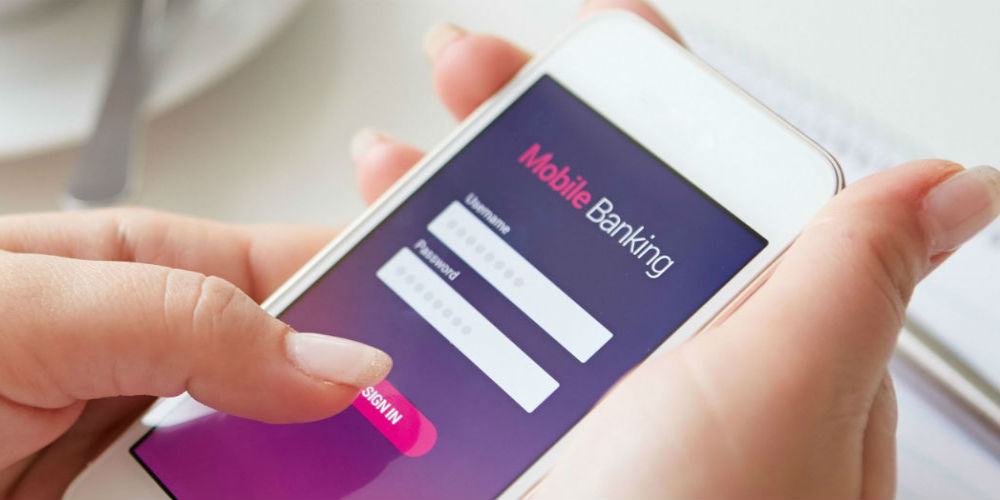Smartphone, Blockchain and Virtual Reality: The Future of Digital Banking
How is traditional banking changing under the influence of digital technology?
The popularity of digital banking in the world is not slowing down the pace of growth. Convenience, speed and safety are no longer just additional benefits for users. These are standard requirements in modern client-bank relations.
Typically, traditional banking institutions struggle to build a loyal customer base. While new digital banks such as Monzo or Tandem, thanks to a more innovative approach to service, meet the growing needs of their customers and tie them to their product for a long time.
According to BI Intelligence research, 71% of millennials say it is very important to have a banking app on their phone. And 60% say it is very important to have an application for making payments.
The shift to digital banking has led many traditional banks to create mobile apps to enable customers to manage their money from their smartphones. But many innovative fintech startups have gone even further and completely eliminated the need to visit bank branches.
Mobile banking
The more flexibility and speed a product can offer, the higher its attractiveness to consumers. The Venmo transfer and account splitting app, owned by PayPal, is a prime example of the changing reality of modern banking. Due to the growing popularity of the application, its name has already become a household name in the world of mobile payments.
However, banking apps are just the beginning. Tech companies such as Apple and Samsung have also realized the potential of digital payments and created their own Apple Pay and Samsung Pay solutions, allowing smartphone holders to pay for purchases with one touch. 27% of millennials surveyed said they used their phone to pay in a store in the last month. This proves the fact that users are ready to move to new and more convenient payment methods.
Undoubtedly, mobile banking is one of the most fundamental parts of digital banking. In the future, we will see even more new solutions that use the Internet of Things and the habit of users to do everything with a smartphone. This will see new secure payment methods that simplify the digital payment experience gradually replace traditional payment methods.
The future of digital banking
Many fintech experts argue that what we are seeing today is not digital banking. These are digitalized banking services. Financial products that appeared 50 and 100 years ago have simply been adapted to the digital era and are now delivered via the Internet and smartphones. In fact, it is not as innovative as it sounds. This transformation process can be compared to the transition of many media outlets to the online environment, which has moved us from reading newspapers to following news on the web.
Many experts believe that real innovation will develop more actively as soon as banks and fintech startups move away from modernizing banking services and begin to massively introduce new digital opportunities.
New players in financial services that have emerged in recent years have revolutionized mainly three segments: payments, lending and personal finance. Fintech companies focus on these areas because they are the easiest to create digital experiences. And their ability to do better, faster, and cheaper can provide users with complete process transparency.
If these fintech companies use their speed, dexterity, and intuitive user experience to create completely new financial products, we can better understand the future of digital banking.
Blockchain-based banking
One of the areas shaping the future of banking is Blockchain-based banking. This technology is much faster, more efficient and less error prone than traditional Automatic Clearing Banking (ACH). Blockchain can save time and money for banks and make payments almost instant for users. In addition, the decentralized nature of blockchain makes it much more difficult for criminals to commit fraud.
One of the most interesting elements of blockchain banking is smart contracts. Smart contracts allow consumers to exchange money, stocks, and other valuables in a secure and conflict-free way. Like a traditional contract, a smart contract defines the rules of the agreement and penalties for non-compliance. Best of all, however, the smart contract also automatically enforces obligations.
Monetha, an Ethereum-based payment solution for retail and e-commerce, is one of the few cryptocurrency startups taking advantage of smart contracts. Thanks to their transparency, buyers can easily check seller ratings, pre-purchase reviews, and post-receipt ratings. This greatly reduces the risk of fraud and helps customers choose the best products.
The rise of cryptocurrencies, or simply digital money, has created a demand for Blockchain-based banking. A striking example is Bankera, a startup that supports both traditional (fiat) and cryptocurrencies, and also provides the same range of services as a regular bank: payment processing, debit cards, loans and low-cost investment products. The difference is that while Bankera operates like a traditional bank, it is a crypto bank by nature. Therefore, it introduces such innovations as the use of cryptoassets as collateral for loans. It can be assumed that in the future, all banks will go digital and will provide traditional banking services, as well as support cryptocurrencies along with conventional ones.
Another example of how Blockchain technology can be used in the digital era is the startup BABB. It is the world's first blockchain bank for microeconomics. Its main goal is to give everyone the same power as banks, using the social connection of people to transact, trade and innovate. BABB promises to allow its clients to issue their own currency, issue loans and raise funds for the business.
Blockchain empowers companies and individuals to redefine traditional financial services and create a more secure, flexible and open space from which everyone can benefit. There are still many questions about Blockchain technology. But it is already clear that its impact on digital banking and the digital world as a whole will be enormous.
Digital banking
This spring, announced the launch of the first fully mobile bank called iBox Bank. Former top managers of PrivatBank Dmitry Dubilet and Oleg Gorokhovsky are planning to launch an innovative solution. iBox Bank will provide credit limits of up to UAH 100 thousand with a grace period of up to 2 months, charge a high interest on the balance on the card, and return interest on purchases.
And in the summer it became known that, in parallel with iBox Bank, another mobile bank, Monobank, is preparing to launch. World can already place a pre-order for the card of the first mobile bank in Ukraine. It is known that the terms of service of the card will favorably differ from the market ones due to the absence of costs for servicing branches. Technological installments will also be available on the card. And over time, currency cards will also be available to users.




